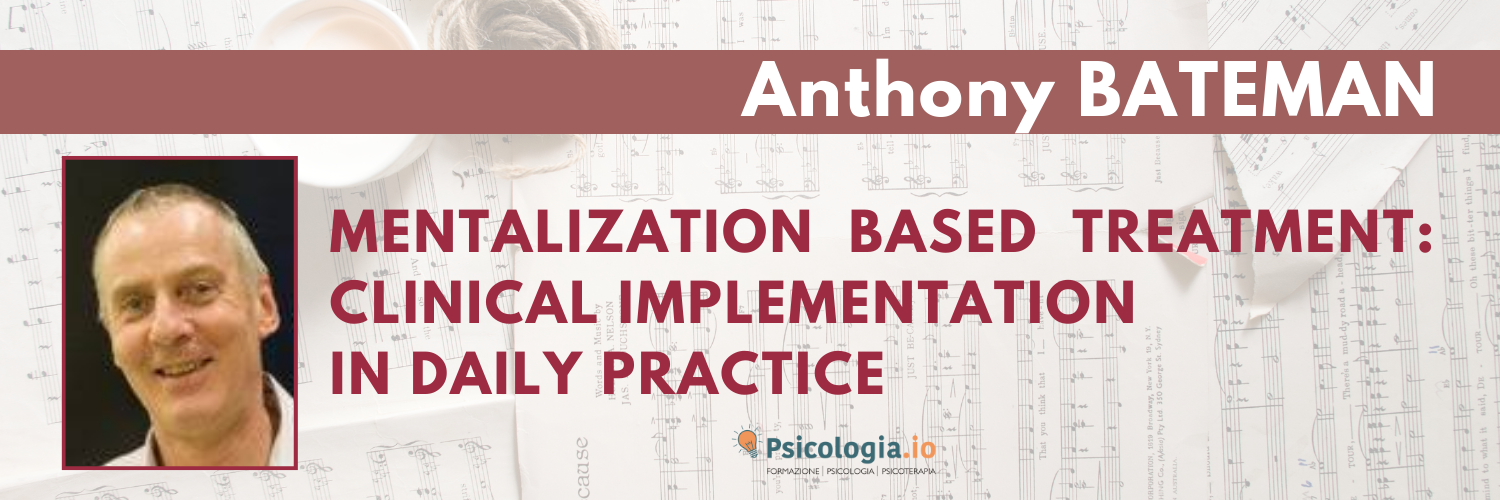Learning Objectives
-
Define and elaborate on mentalization as a theoretical and clinical concept
-
Understand the difficulties in mentalization in personality disorders
-
Recognize the process of mentalization and non-mentalization
-
Identify interventions to develop mentalization and useful techniques for daily practice
-
Outline declinations of MBT for Antisocial Personality Disorder, Eating Disorders, Substance Abuse Disorder, and Complex Trauma

